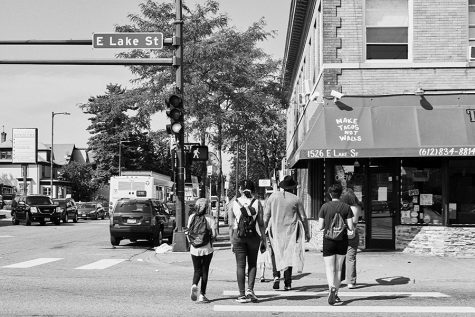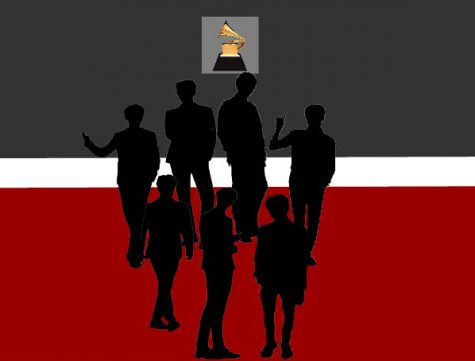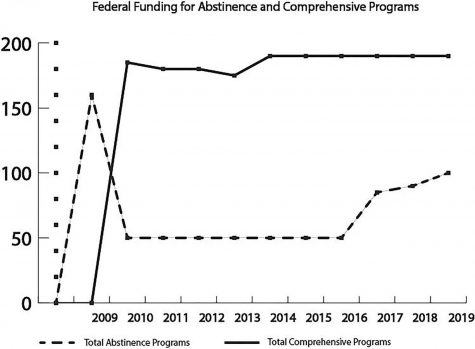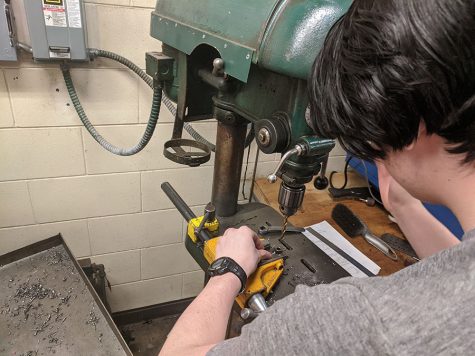Why school doesn’t prepare us well enough for the real world
South junior Tiger Worku speaking in a political activity outside of school. Tiger is very involved in speaking and politics, saying “I’m a political enthusiast so I’d say that civic engagement is something that should be used in our schools more.” Civic engagement is a very useful skill that actually helps students find their passions and learn how they can become leaders of our society as adults. In order to give students these opportunities, schools should show the value of learning skills over content and give students more real-world learning opportunities. Photo courtesy of Larry Kraft.
March 4, 2019
What we learn in school is different for all of us, but it is meant to provide skills and information that serves as a base for almost any career or life path. Although this is the idea behind education, the system doesn’t fully serve this purpose. It provides students with a concrete base of knowledge, but doesn’t really prepare them for meaningful work in the real world.
South junior Tiger Worku said, “Our education system wasn’t founded on teaching kids… how to be the next leaders of our society. It was founded to teach kids discipline and obedience.”
Many of the skills that we learn in school such as critical thinking, writing, speaking publicly, and the ability to discuss important topics in groups are very useful for careers in the real world, but much of the content we learn is often times not.
The skills we learn are useful for almost any career and in daily life. For example, you have to use writing skills when writing a formal email and when communicating professionally. Formal communication skills are also necessary for making calls, participating in meetings, conducting interviews, and much more in the working world. This is another use of the skills we gain through school.
Critical thinking is an especially important skill that schools teaches. It is applicable to almost all jobs, especially those that require problem solving. In addition, critical thinking is extremely useful when forming political and social opinions, which shape our world and laws. It challenges us to reexamine the lens through which we’ve grown up seeing the world by learning different perspectives and stepping out of societal norms. English teacher Mary Manor explained that “critical thinking [is] paramount — not just for “21st century jobs” but so that the workers of the world can consider their plight and begin to organize against the ruling classes… We are a country that can support billions, but we are instead pandering to billionaires. Only when we exercise our skills in analysis and synthesis — critical thinking — will we be able to come together as a nation and demand equity for all.”
However, in school we don’t always learn why these skills are important. We are mainly just given tasks in school without much explanation about how we will use them throughout the rest of our lives. For example, we learn how to do theoretical problems in math, but they often don’t connect to real life applications students care about.
While skills are useful, the content is often times not. For example, knowing the date of a certain historical event has no bearing on most career paths. While some historical knowledge is necessary for forming our ideas about the world, much of the specific information simply is not. Knowing the details and specifics of many subjects can be easily accessed online.
In order to learn more about real-world careers, students like Worku have taken their own initiative. “Politics is a field that I’ve been heavily interested in, and going to the capitol by myself, joining organizations by myself, learning tactics and strategies that will better benefit me years down the road, learning all that is something I had to do outside of school.” However experiences like Tiger’s are rare because it’s hard to find opportunities for impactful, real-world work and political involvement on one’s own.
Furthermore, schools do not make a strong enough attempt to cater to what students would like to explore, but instead give them a set of options to choose from that are geared towards economic industries such the STEM field. Many students are encouraged to be motivated by money and “successful careers,” rather than by trying to do something that would make the world a better place.
School also discourages students from finding their passions outside of school because of the pressure it puts on us. “I think the system is a little too strict and gets extremely stressful with the workload and lack of variation on the way we learn,” said junior Daisy Lavae. As she explained, almost every class structure is the same. We are given assignments, expected to learn certain information from these assignments, then we are asked to demonstrate our learning on tests. After that, we are given one of five letter grades to assess whether we learned what we were supposed to. So much pressure is put on our final grade and test scores that school can become a competition to be the best. The importance of learning skills for real life gets lost in this process.
This can become even more grueling and stressful because this style of learning doesn’t work for every student. And unfortunately, our education system revolves around grading because it is the only way to prepare students for college. Grades are a huge part of how colleges determine who to admit, and so the fear of getting bad grades can rule a student’s academic life. Many feel that if they don’t get good grades, they won’t be able to “succeed” because they can’t go to college. This is a huge weight to put on students, and can distract them from actually learning for the sake of learning, since they’re just focusing on what they have to do to get a certain grade.
“For me [it’s important to] know what I want to do, tailor my education to where it best fits me instead of just going through the school system like a robot,” Worku said. Yet within the current system, if students really want to follow their passions and get anywhere in the world they will have to put in more of time outside of school. This can create problems, as they may not have enough time for keeping their grades up, which may not actually help students truly learn but are necessary accolades to get into college. In order to improve students’ academic experience, schools need to emphasize learning skills and helping students find their passions through engaging in real-world, meaningful experiences.


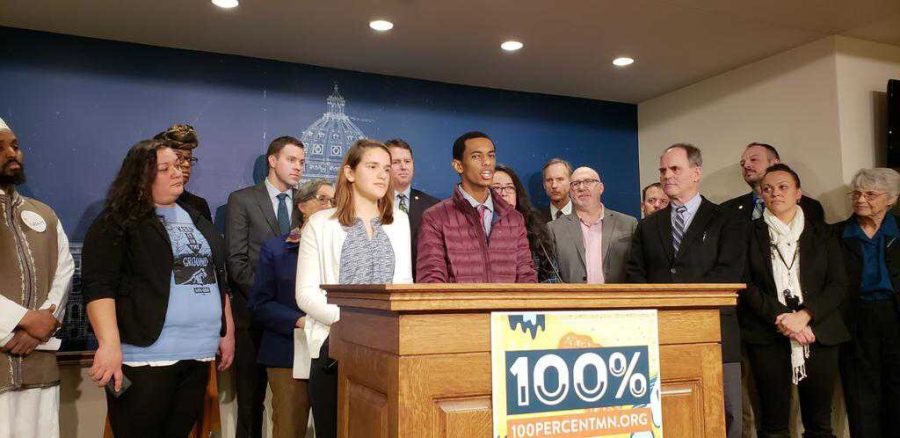

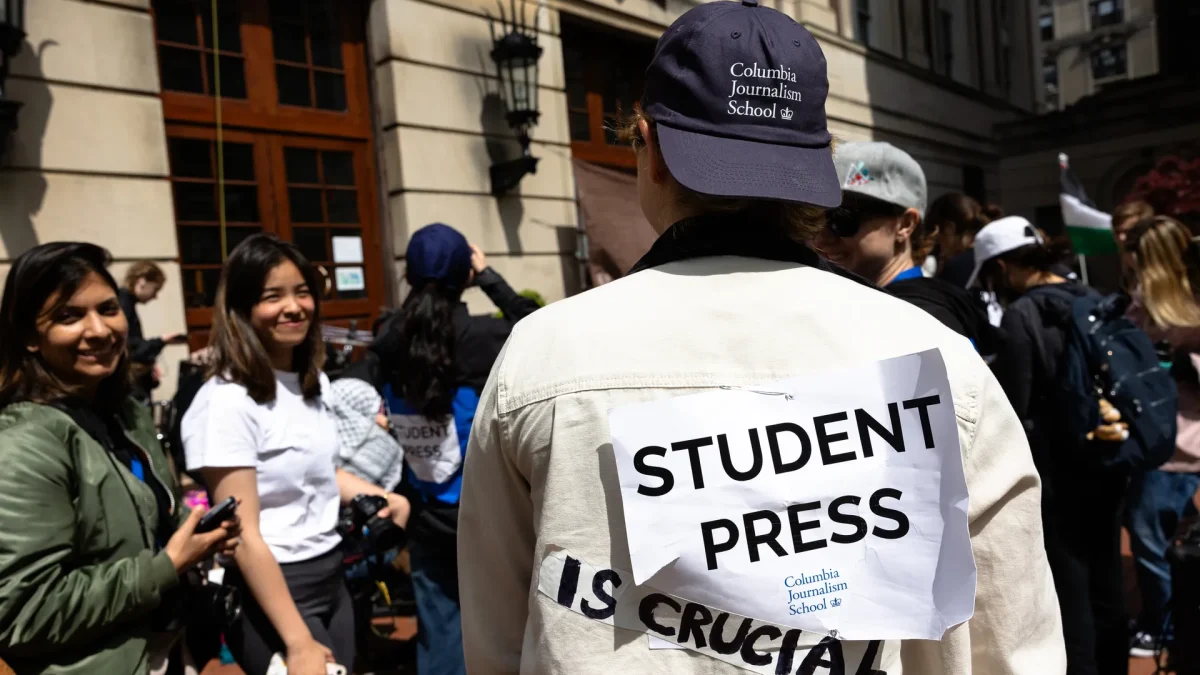


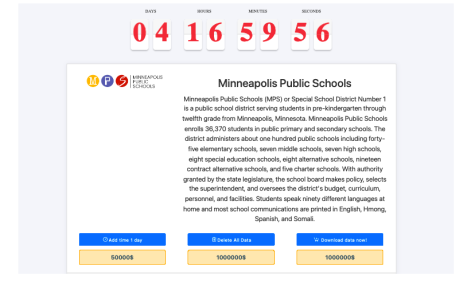
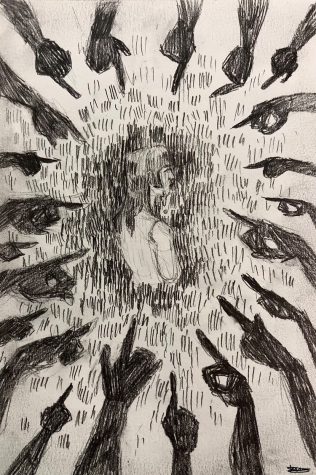

![MPS has contracted a software company called Gaggle to monitor student accounts and writing to identify possible signs of suicide ideation, self-harm, harm to others, signs of depression, exploitation, or bullying. “I would feel comfortable saying that we’ve saved some lives with what we’ve done with [Gaggle],” said Jason Matlock, the Director of Emergency Management, Safety, and Security at MPS.
However, many students are unsure of what Gaggle does or unaware that it even exists. Aesha Graffunder, a sophomore at Roosevelt said, “I see little to no problem with Gaggle itself, its purpose is to provide schools with information that can help protect students. I see way more of a problem with school administrations and how they handle the flags they get from Gaggle.”](https://www.shsoutherner.net/wp-content/uploads/2021/03/computer-2-475x317.jpg)
